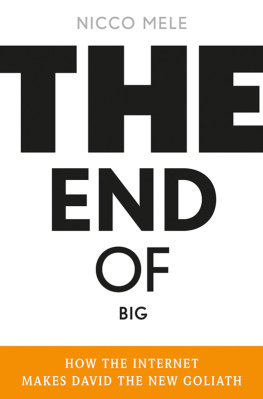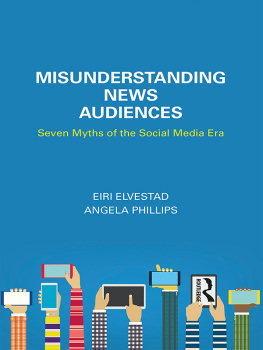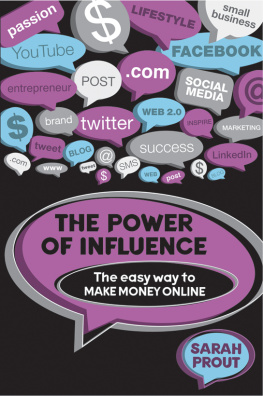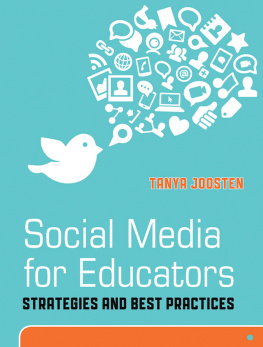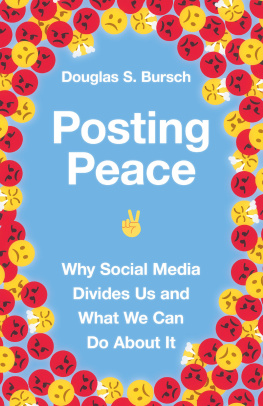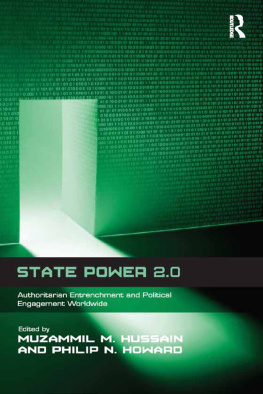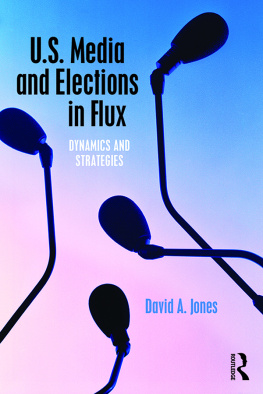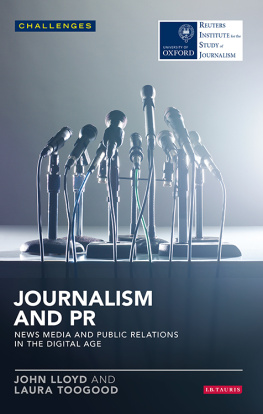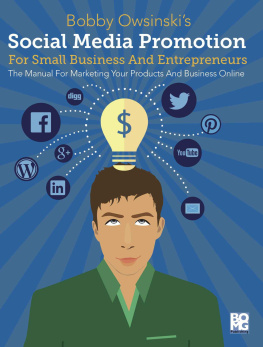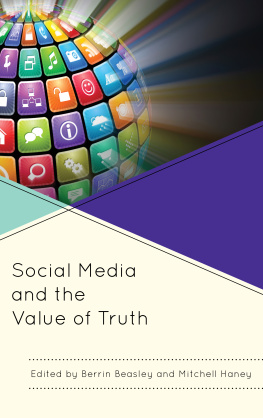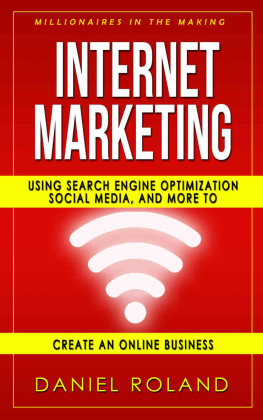We shall not understand what a book is, and why a book has the value many persons have, and is even less replaceable than a person, if we forget how important to it is its body, the building that has been built to hold its lines of language safely together through many adventures and a long time. Words on a screen have visual qualities, to be sure, and these darkly limn their shape, but they have no materiality, they are only shadows, and when the light shifts theyll be gone. Off the screen they do not exist as words. They do not wait to be reseen, reread; they only wait to be remade, relit.
William H. Gass
BURN IT ALL DOWN
Youve begun
to separate the dark from the dark.
Look around you.
Bloggers rather than established news outlets break news. Upstart candidates topple establishment politicians. Civilian insurgencies organized on Facebook challenge conventional militaries. Engaged citizens pull off policy reforms independent of government bureaucracies. Local musicians bypass record labels to become YouTube sensations. Twentysomething tech entrepreneurs working in their pajamas destabilize industry giants and become billionaires.
Radical connectivityour breathtaking ability to send vast amounts of data instantly, constantly, and globallyhas all but transformed politics, business, and culture, bringing about the upheaval of traditional, big institutions and the empowerment of upstarts and renegades. When a single crazy pastor in Florida can issue pronouncements that, thanks to the Internet, cause widespread rioting in Pakistan, you know something has shifted. When a lone saboteur can leak hundreds of thousands of secret government documents to the world, helping spark revolutions in several Middle Eastern countries, you again know something has shifted.
Technophiles celebrate innovations such as smartphones, the Internet, or social media as agents of progress; Luddites denounce them as harbingers of a new dark age. One thing is certain: Radical connectivity is toxic to conventional power structures. Today, before our eyes, the top-down nation-state model as weve known it is collapsing. Traditional sources of information like broadcast and print media are in decline. Aircraft carriers and other military hardware that for decades underpinned geopolitical power are obsolete and highly vulnerable, while organized violence remains a growing threat. Competitive hierarchies within industries are disappearing. Traditional cultural authorities are fading. Everything we depend on to preserve both social stability and cherished values, including the rule of law, civil liberties, and free markets, is coming unraveled.
The End of Big is at hand.
Institutions Arent Dispensable
You might ask, Isnt the destruction of old institutions potentially a pretty good thing? Many traditional, big institutions are deeply flawed and even corruptthey deserve to die. Few among us are not frustrated with the culture of influence and money in the two big political parties or disgusted by the behavior of at least one big corporation. Echoing the philosopher Oswald Spengler, isnt creative destruction, well, creative?
Our institutions have in fact failed us. Building a sustainable economy, for instance, that allows us to avert the catastrophic consequences of global warming seems hopeless in the face of big government, big business, and a dozen other big institutions. Ultimately, technological advances provide unprecedented opportunities for us to reshape our future for the better.
At the same time we cant fetishize technology and say to hell with our institutions without suffering terrible consequences. The State Department was designed and built for an era predating telephones and jet travel, let alone the distance-collapsing magic of the Internet. But that fact doesnt mean we should or can give up diplomacy. Government has become bloated and inefficientbut we still need somebody to repair roads, keep public order, and create the public sphere where the market cannot or should not dominate. Unless we exercise more deliberate choice over the design and use of technologies, we doom ourselves to a future inconsistent with the hard-won democratic values on which modern society is based: limited government, the rule of law, due process, free markets, and individual freedoms of religion, speech, press, and assembly. To the extent these values disappear, were dooming ourselves to a chaotic, uncontrollable, and potentially even catastrophic future.
No, I Am Not Exaggerating
Ten years from now, we might well find ourselves living in constant fear of extremist groups and lone individuals who, thanks to technology, can disrupt society at will, shutting off power, threatening food supplies, creating mayhem in the streets, and impeding commercial activity. Weve already seen a small group of hackers disrupt commuting in San Francisco for a few days (as a protest against police brutality) while flash mobs of approximately one hundred people have been showing up at retailers in cities like St. Paul, Las Vegas, and Washington, D.C., ransacking stores and making off with sacks of loot.
This is just the beginning. Can you imagine daily life without currency issued by the national government? Its distinctly possible. What if in a hyperlocal society the sanitation department never comes to collect your trashwhat would you do then? What if government bodies can no longer regulate the large numbers of small businesses that will exist with the End of Big? Could you trust that your food, medicines, and automobiles are safe? What will happen if authoritative news reporting ceases to exist and if cultural authorities fade into the background, inaugurating a new dark age? How will our democracy function? How will business advance? How will we solve big problems like hunger and global warming?
Wrapping Our Minds Around the Basic Problem
This book explores the destructive consequences of radical connectivity across many domains of contemporary society, from the press to political parties, from militaries to markets. Other writers have examined the transformative potential of new technologies, generally focusing on specific domains such as business, economics, or culture, or on a specific dimension of technologys impact. This book seeks to address a broader problem that directly affects us all. Radical connectivity is altering the exercise of power faster than we can understand it. Most of us feel lost in the dust kicked up by the pace of change. We can tell political, social, and economic life is shifting, but we dont know what to make of it in the aggregate. Some changes seem destined to improve our lives, yet the impact on familiar institutions like the press makes us nervous. Opportunities for progress abound (and I will explore those, too), but so do openings for instability and even outright chaos. The devices and connectivity so essential to modern life put unprecedented power in the hands of every individuala radical redistribution of power that our traditional institutions dont and perhaps cant understand.

